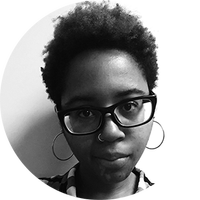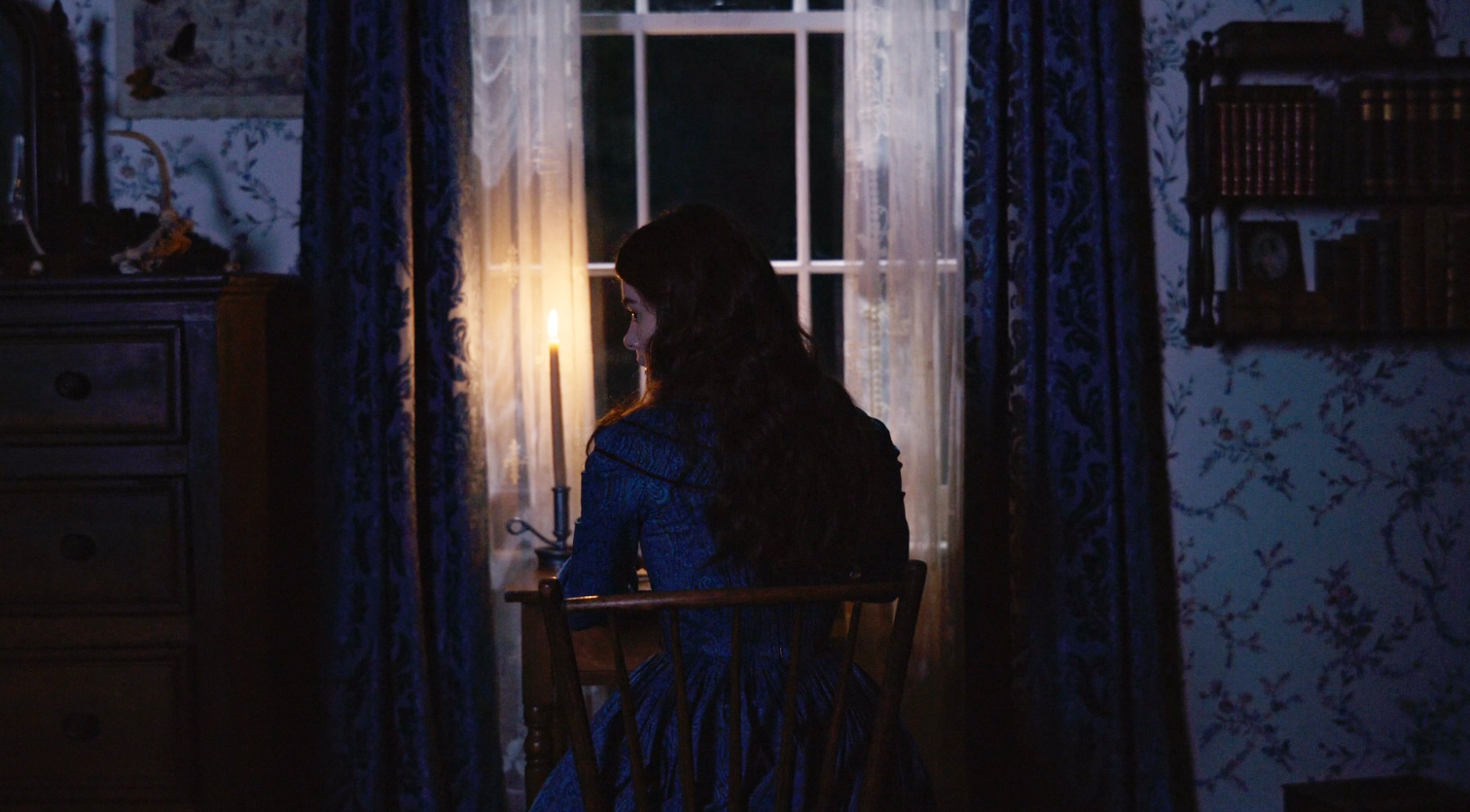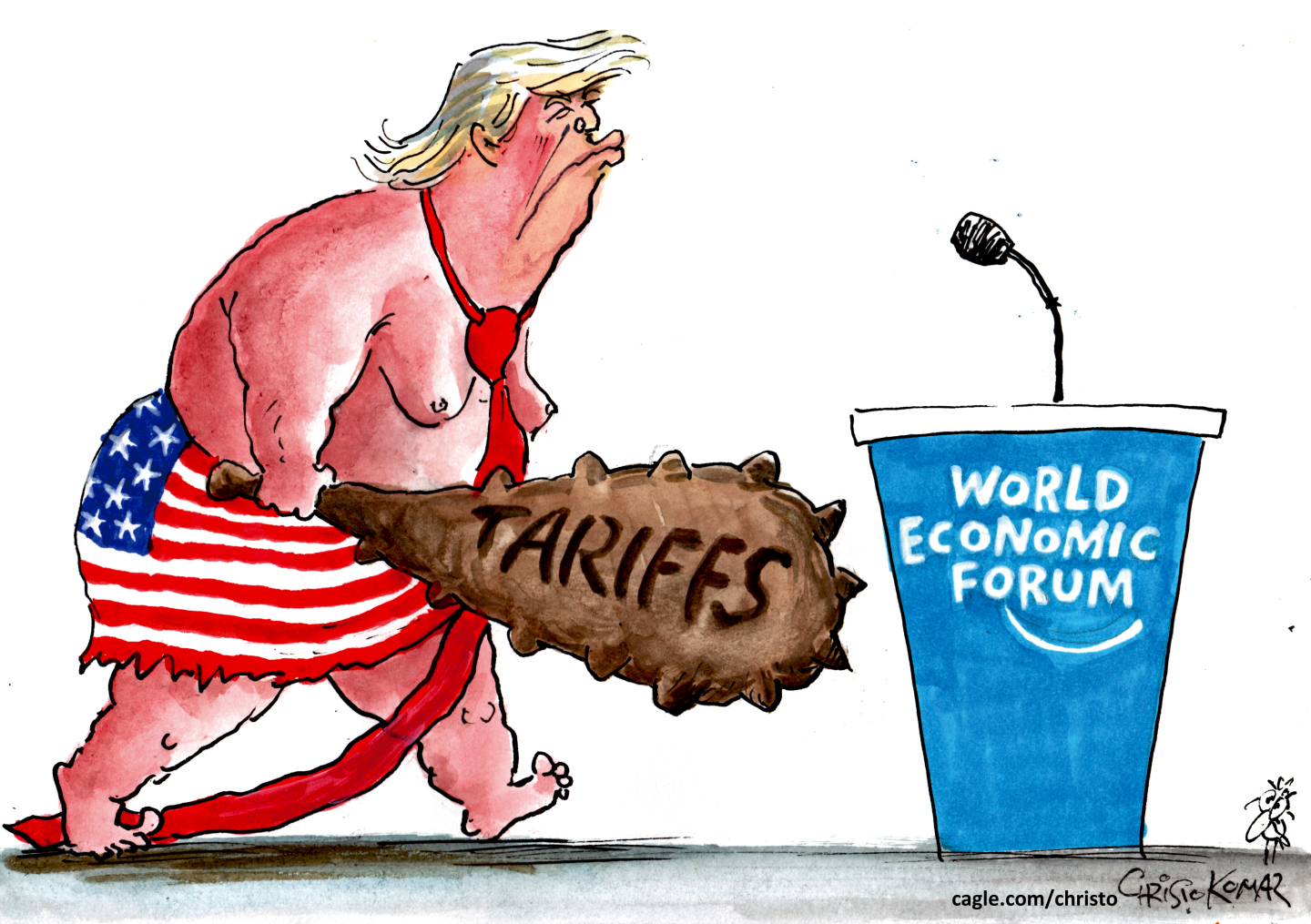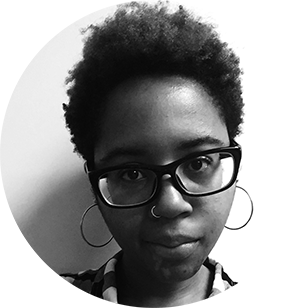Dickinson's literary mistake
Emily Dickinson is whoever Hollywood wants her to be


TV shows and movies are increasingly more obsessed with the idea of Emily Dickinson than with her actual work.
The last few years have seen a few different Dickinsons on film, like Cynthia Nixon's in A Quiet Passion and Molly Shannon's in Wild Nights with Emily, both of which reimagined the celebrated poet through a screenwriter's modern perspective. The latest example is the new Apple TV+ series Dickinson, which wildly conflates the author and her poetry.
Debuting Friday, the series is basically an edgy teen remake a la Riverdale, The Chilling Adventures of Sabrina, and the very short-lived sexy teen Shakespeare series, Will. Hailee Steinfeld stars as Emily, the intriguing eccentric who thinks of fanciful lyrics and gets carried away with her imaginative musings. Her lines appear across the screen in fiery cursive as they occur to her and thematically link to a situation that will unfold in the span of the half-hour episode. In the first, the lines of "Because I could not stop for Death" slowly reveal themselves to her as she considers the death of a relative a friend and lover. In the second, the context of a volcano poem is drafted from a secret jaunt to a lecture on volcanoes and a moment of queer sexual exploration. And in the third, the famous "Wild nights" poem appears on the occasion of a house party while the adults are away.
The Week
Escape your echo chamber. Get the facts behind the news, plus analysis from multiple perspectives.

Sign up for The Week's Free Newsletters
From our morning news briefing to a weekly Good News Newsletter, get the best of The Week delivered directly to your inbox.
From our morning news briefing to a weekly Good News Newsletter, get the best of The Week delivered directly to your inbox.
Dickinson obviously isn't aiming for authenticity; it revels in its fictions and plays them for bizarre laughs. Often the effort feels too affectedly contemporary and millennial twee, as when Dickinson declares "Nailed it!" after finishing a poem at the end of one episode. In another scene, the young and ambitious author boldly declares her lifelong goal of singlehood and later gets fondled by her brother-in-law's fiance, Sue.
Dickinson, like Wild Nights with Emily before it, is very focused on the imagined relationship between the poet and Sue, who in real life was her sister-in-law, close confidante, and possible lover. The purpose is pretty clear: To situate the elusive poet as a queer feminist icon. And so in Dickinson the author, who not much is known about beyond her reclusive habits later in life, is depicted as a strong-willed, rebellious, and unconventional iconoclast. And surely some degree of that is true, as exhibited through her letters and accounts of the poet's life, though sans the aggressively hip, modern angling. Dickinson becomes the figure we need her to be.
This is, of course, not the first time Hollywood has shaped a version of a writer from a combination of themes gleaned from their popular works and exaggerated details from their life. Becoming Jane, Bright Star, Mary Shelley, and, recently, Tolkien, all do much the same thing.
But Emily Dickinson seems particularly malleable. Her years of hermithood and the mysterious gaps in her biography invite speculation, beg for readers and filmmakers to line them up with the caesuras in her poems. Those spaces, capitals, and dashes seem to indicate a secret code of some sort, and her subject matter itself suggests not a light journaling habit but a serious, frequently dark, inquisition into complex elements of the human condition. They seem like tantalizing clues to an interior life.
A free daily email with the biggest news stories of the day – and the best features from TheWeek.com
But turning those clues into a solution to a biographical mystery runs counter to prevalent literary theory. Since the critic Roland Barthes first declared the author dead in 1967, students of literature have understood there to be a boundary between the writer and his or her work. Literary analysis will interpret the "speaker," or the "I" in the work without trying to spot autobiographical detail in every narrative or turn of phrase. That's not to say reading a writer's work through the context of their life can't be enlightening or even necessary for larger cultural and political context. It can. The problem is that doing so too cavalierly leashes the work to its author, disallowing it to exist independently. With too intense a focus on the writer, his or her art is stripped away and replaced with biography.
Sadly, this nuanced understanding of literature is lost in entertainment, where the myth of the writer becomes fuel for flimsy teenage dramas like Dickinson.
Meanwhile, as the author is glorified, the poems get passed over.
Maya Phillips is an arts, entertainment, and culture writer whose writing has appeared in The New York Times, Vulture, Slate, Mashable, American Theatre, Black Nerd Problems, and more. She is also a web producer at The New Yorker, and her debut poetry collection, Erou, is forthcoming in fall 2019 from Four Way Books. She lives in Brooklyn.
-
 Ryanair/SpaceX: could Musk really buy the airline?
Ryanair/SpaceX: could Musk really buy the airline?Talking Point Irish budget carrier has become embroiled in unlikely feud with the world’s wealthiest man
-
 Claudette Colvin: teenage activist who paved the way for Rosa Parks
Claudette Colvin: teenage activist who paved the way for Rosa ParksIn The Spotlight Inspired by the example of 19th century abolitionists, 15-year-old Colvin refused to give up her seat on an Alabama bus
-
 5 contentious cartoons about Donald Trump at Davos
5 contentious cartoons about Donald Trump at DavosCartoons Artists take on weaponized tariffs, a cheeky offering, and more
-
 Walter Isaacson's 'Elon Musk' can 'scarcely contain its subject'
Walter Isaacson's 'Elon Musk' can 'scarcely contain its subject'The latest biography on the elusive tech mogul is causing a stir among critics
-
 Welcome to the new TheWeek.com!
Welcome to the new TheWeek.com!The Explainer Please allow us to reintroduce ourselves
-
 The Oscars finale was a heartless disaster
The Oscars finale was a heartless disasterThe Explainer A calculated attempt at emotional manipulation goes very wrong
-
 Most awkward awards show ever?
Most awkward awards show ever?The Explainer The best, worst, and most shocking moments from a chaotic Golden Globes
-
 The possible silver lining to the Warner Bros. deal
The possible silver lining to the Warner Bros. dealThe Explainer Could what's terrible for theaters be good for creators?
-
 Jeffrey Wright is the new 'narrator voice'
Jeffrey Wright is the new 'narrator voice'The Explainer Move over, Sam Elliott and Morgan Freeman
-
 This week's literary events are the biggest award shows of 2020
This week's literary events are the biggest award shows of 2020feature So long, Oscar. Hello, Booker.
-
 What She Dies Tomorrow can teach us about our unshakable obsession with mortality
What She Dies Tomorrow can teach us about our unshakable obsession with mortalityThe Explainer This film isn't about the pandemic. But it can help viewers confront their fears about death.
